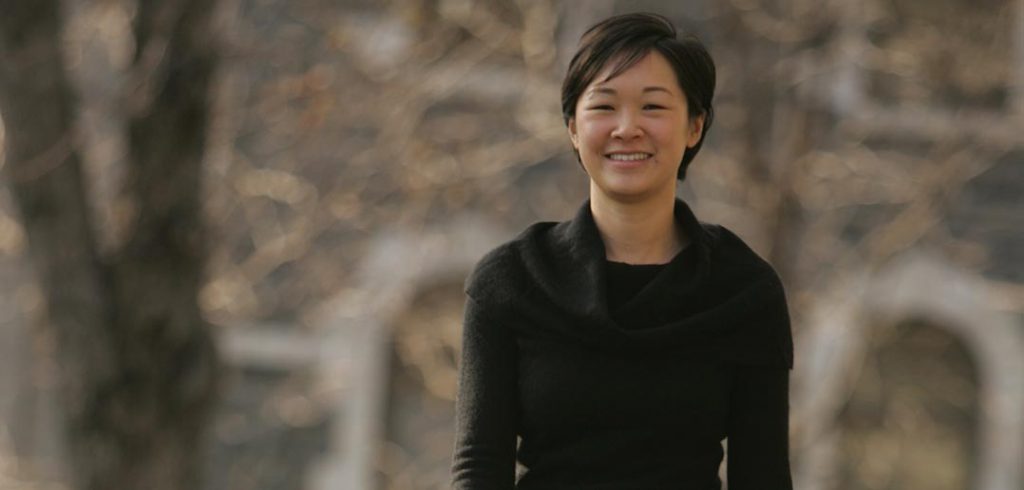The $400,000 developmental grant is a supplement to an existing grant that focuses on discrimination and sleep patterns of African-American and Latino adolescents. With the new funding from the National Institutes of Health, Yip hopes to include the experiences of Chinese students.
“There has been a lot of research on discrimination among young African Americans and Latinos, but there isn’t much research on Asian-American teens,” said Yip, who directs the Applied Developmental Psychology Program at Fordham.
According to the limited research that does exist, Asian youth report levels of discrimination that are similar to, if not greater than, those experienced by African-American and Latino teens.
Yip is particularly interested in how discrimination among racial and ethnic teens affects sleeping patterns and health since “sleep is so important for the foundation and development of one’s memory over time.”
24-Hour Monitoring
Once a year, ninth-grade students chosen for the two-year study will wear wristwatches for 24 hours a day, seven days a week, for two-week periods. They will complete surveys on their daily interactions, emotions, and school activities every evening.
“Think of the watches as more high-tech, data-capturing Fitbits,” said Yip.
She anticipates stronger physical effects, rather than psychological, for the Asian students, such as headaches, stomachaches, loss of appetite, and other physical expressions of stress. That is because research suggests that rather than verbalizing emotions, Asians/Asian Americans are more likely to express their feelings in somatic ways. Therefore, while their levels of depression and anxiety may seem unaffected by discrimination, “we may see stronger effects on sleep and other physical health outcomes,” she said.
“The idea is that if kids experience discrimination in school, they may think less well when they are doing homework that evening,” said Yip. “Over time, discrimination and disturbed sleeping habits may affect focus, and students start to underperform.”
The new grant will support Yip’s research for two years. Her previous grant is currently in its third year, and she hopes this second grant will enable her to draw comparisons across multiple racial and ethnic groups.“The social, cultural, and historical context of Asian-American teens is very different from African-American and Latino teens,” said Yip, adding that there are more variables to consider, such as immigration status and cultural relationships.
Yip said it was a more difficult process to make a case for studying Asian-American teens, acknowledging the stereotype that Asian Americans have higher performance and academic readiness.
A Rising Ethnic Group
But for Yip, who is Asian American, the study is critical at this time because Asian Americans are the fastest growing ethnic group in the nation.
She hopes that her findings will encourage further global conversations on how to mitigate the effects of discrimination.
“If we find that someone calling you a name makes you sleep poorly at night, it really speaks to the whole connection between the social experiences we have and what happens in our body and to our health.”
-Angie Chen, FCLC ’11

